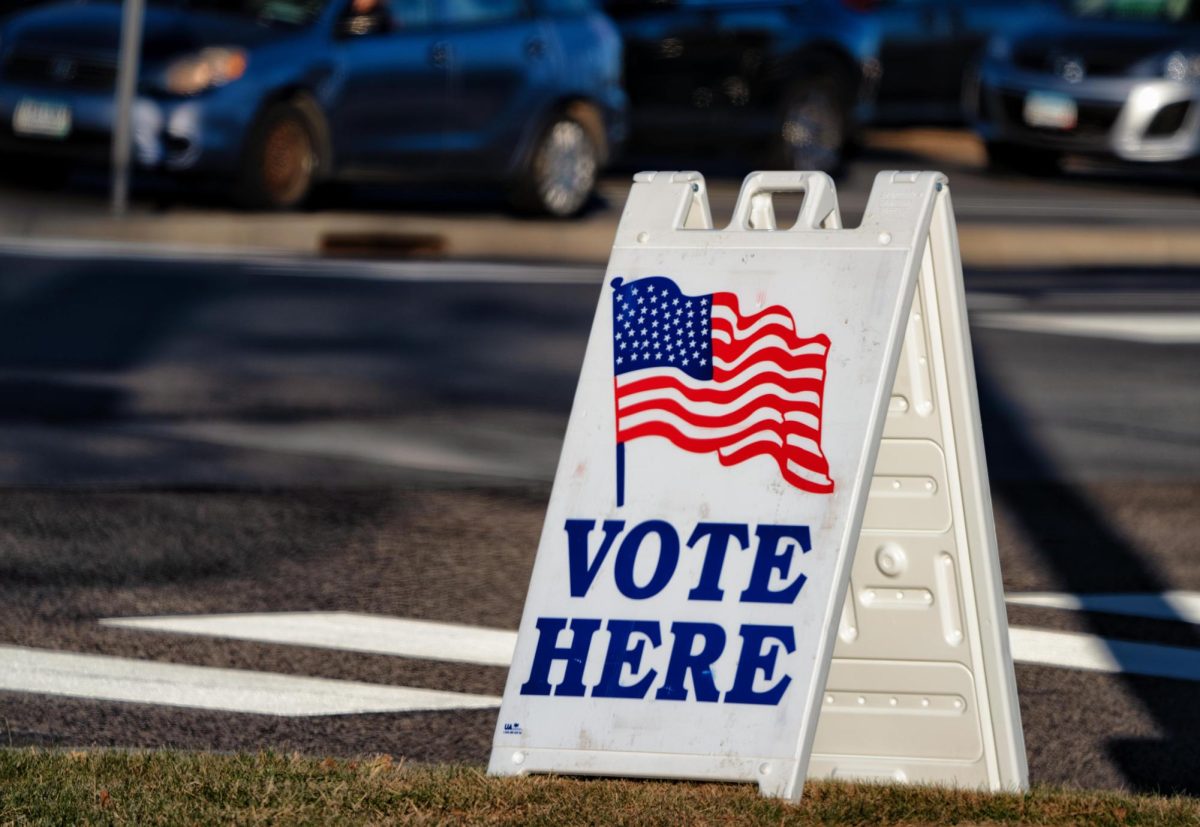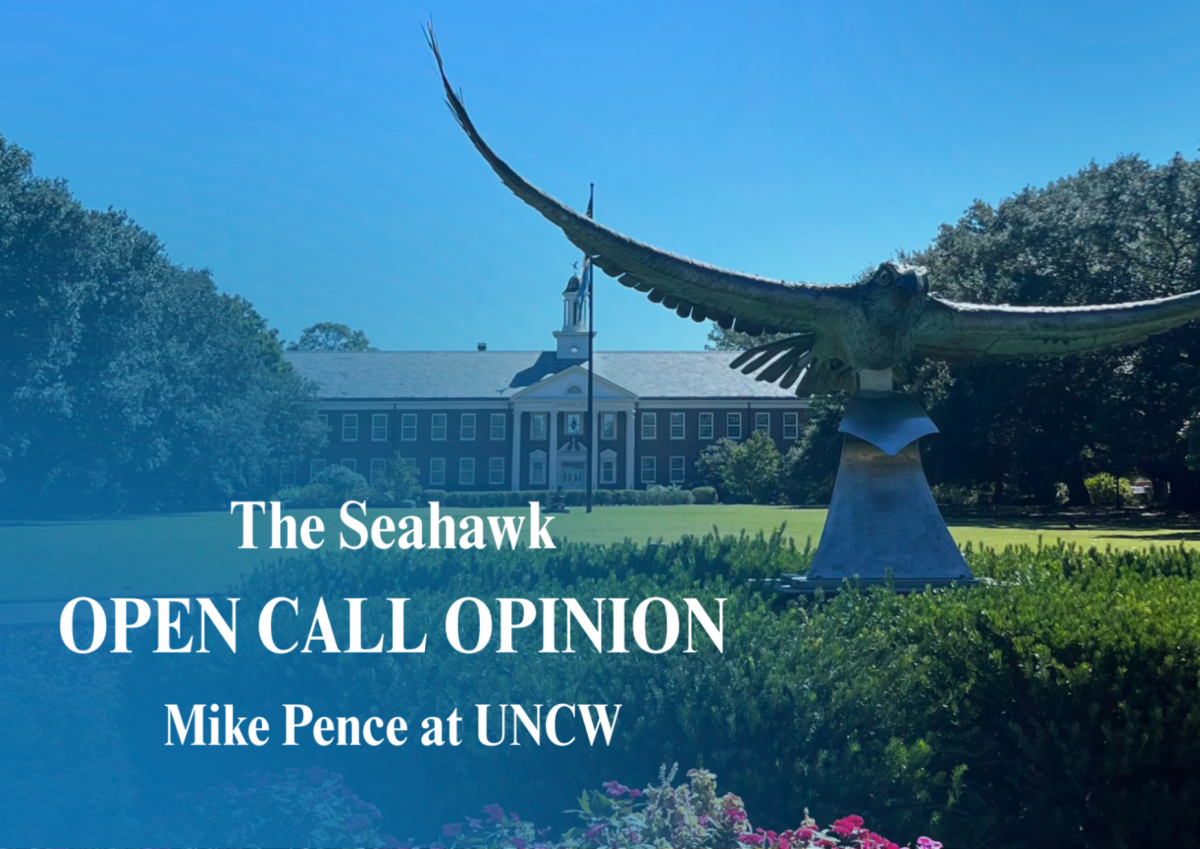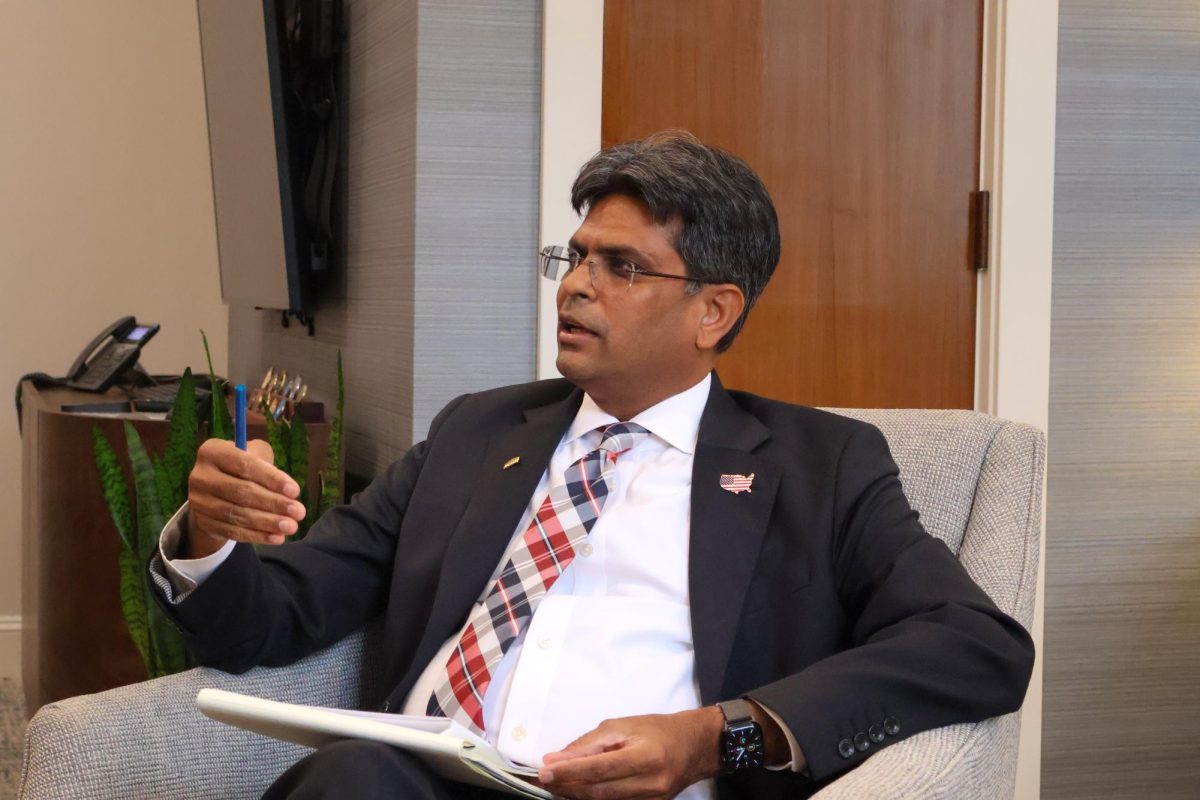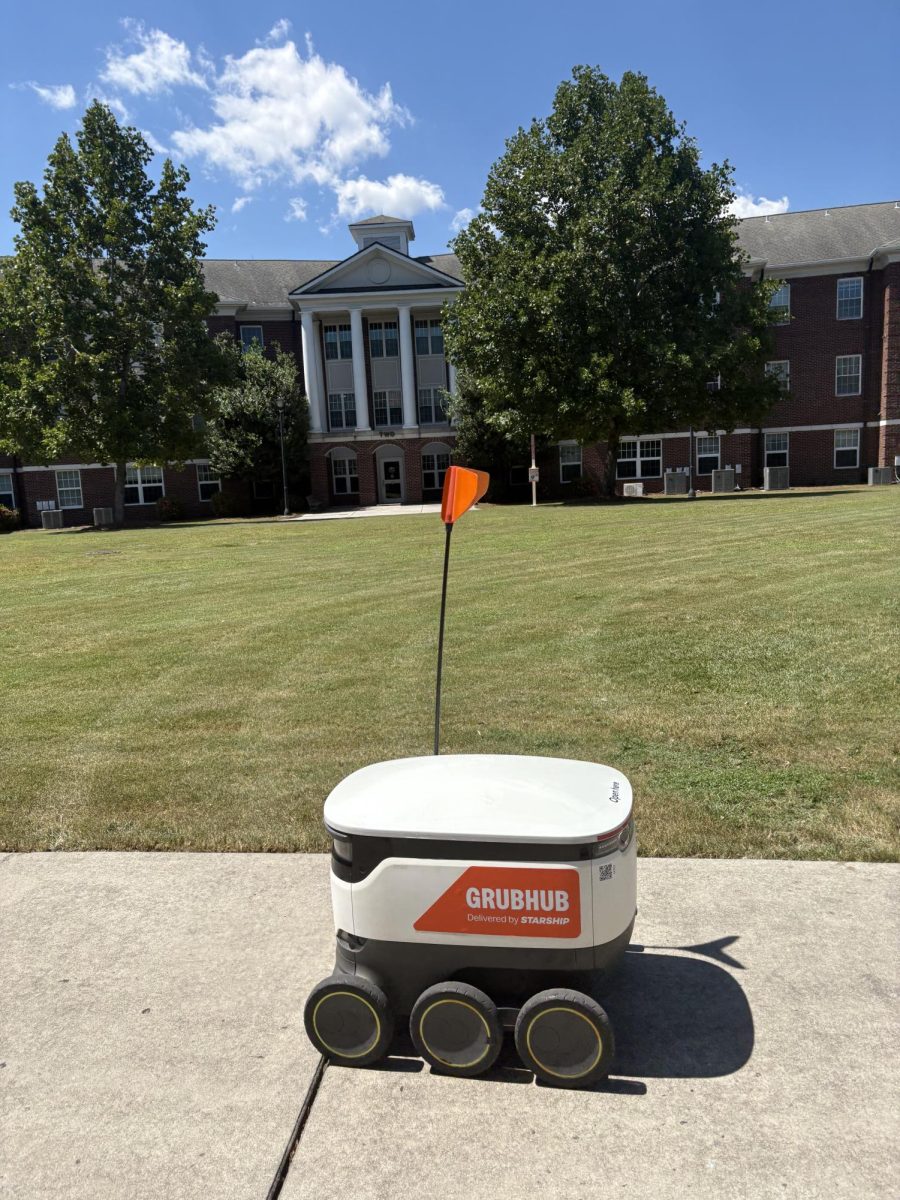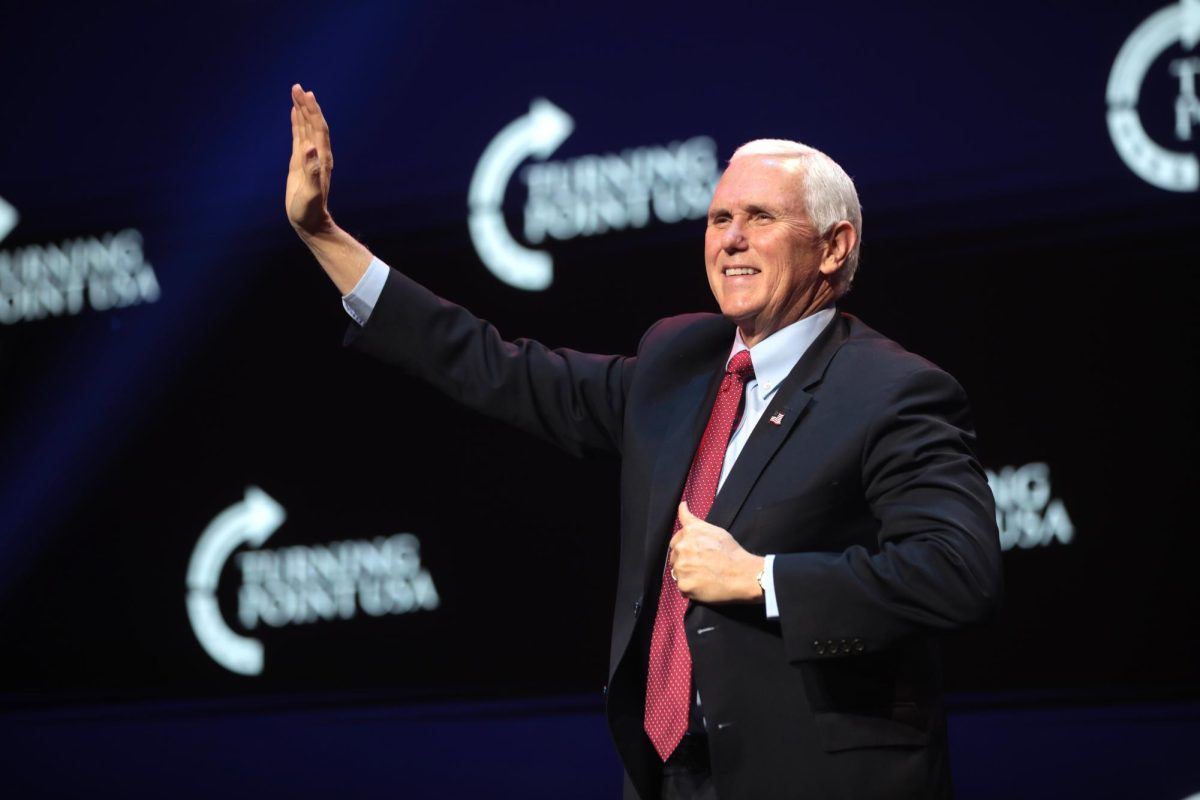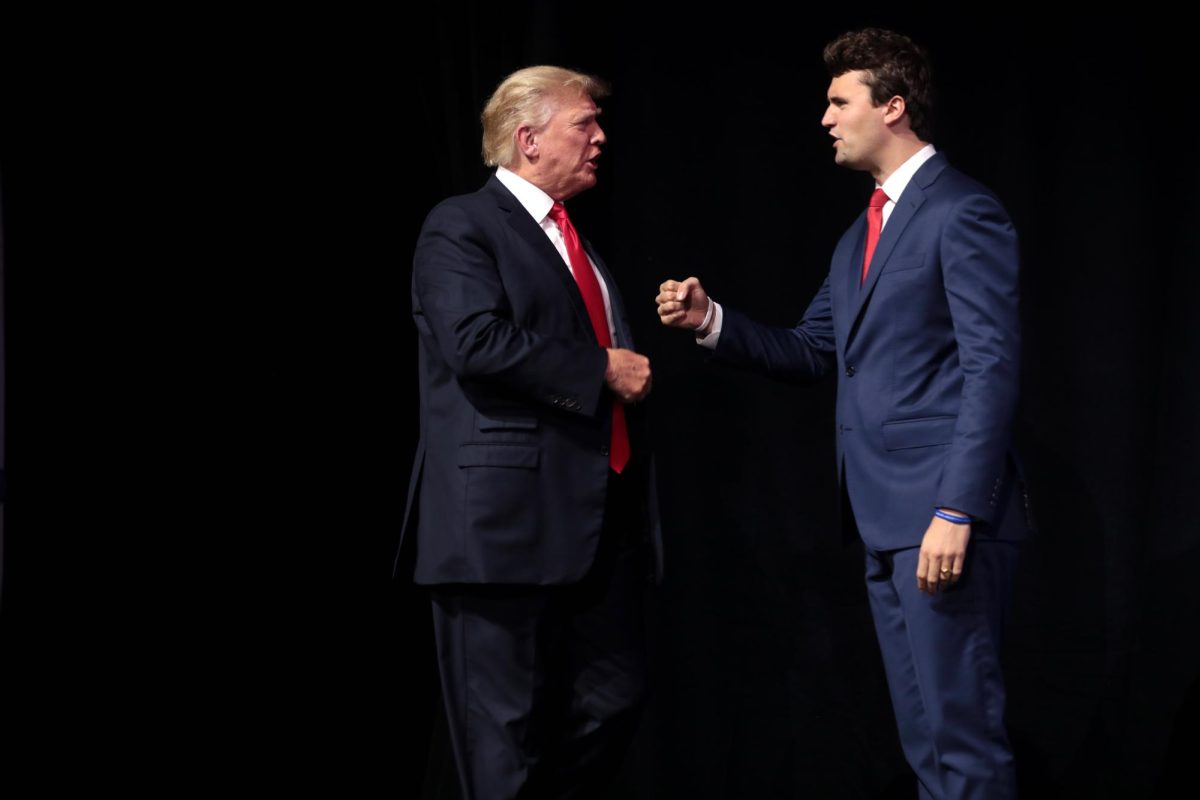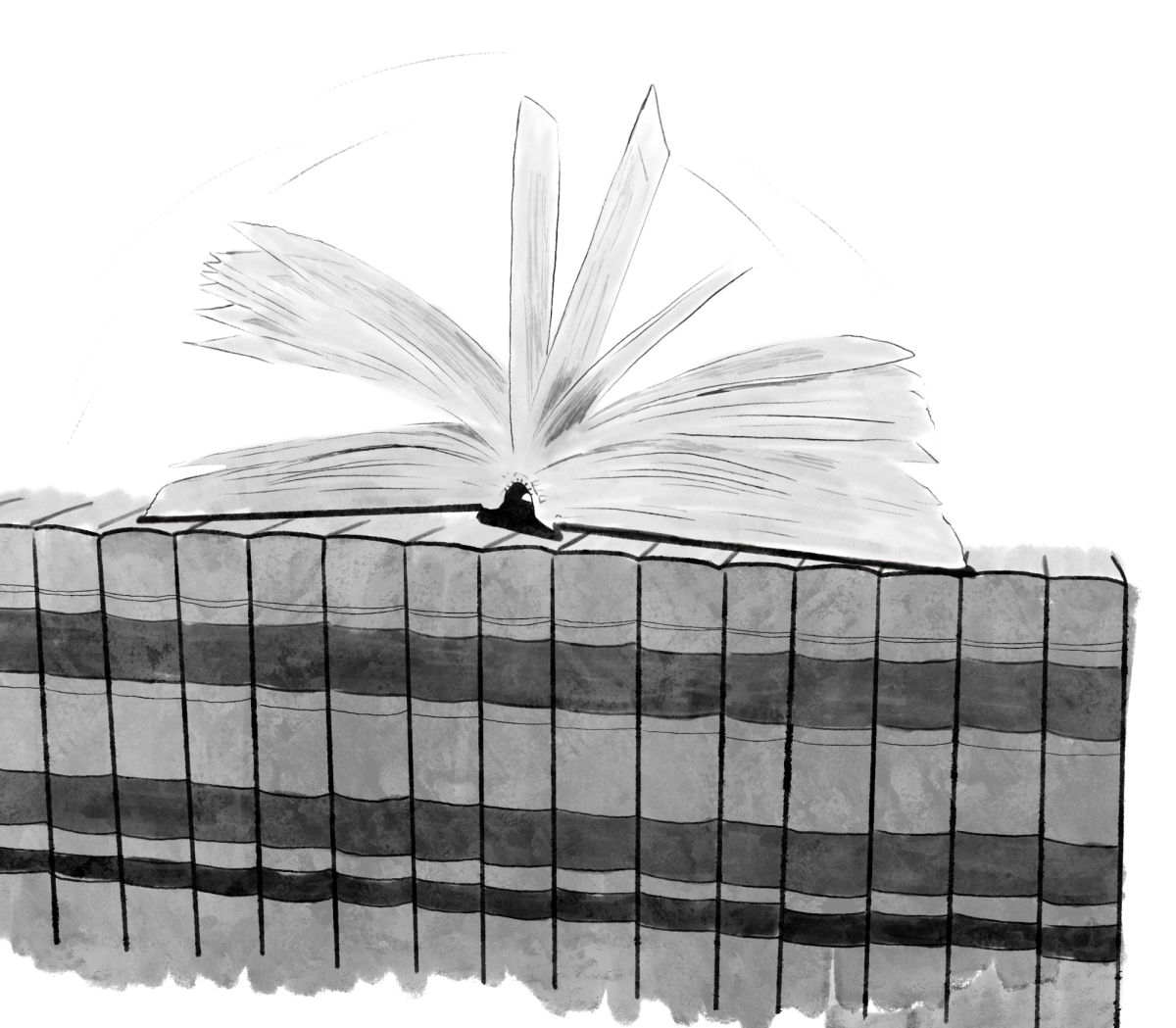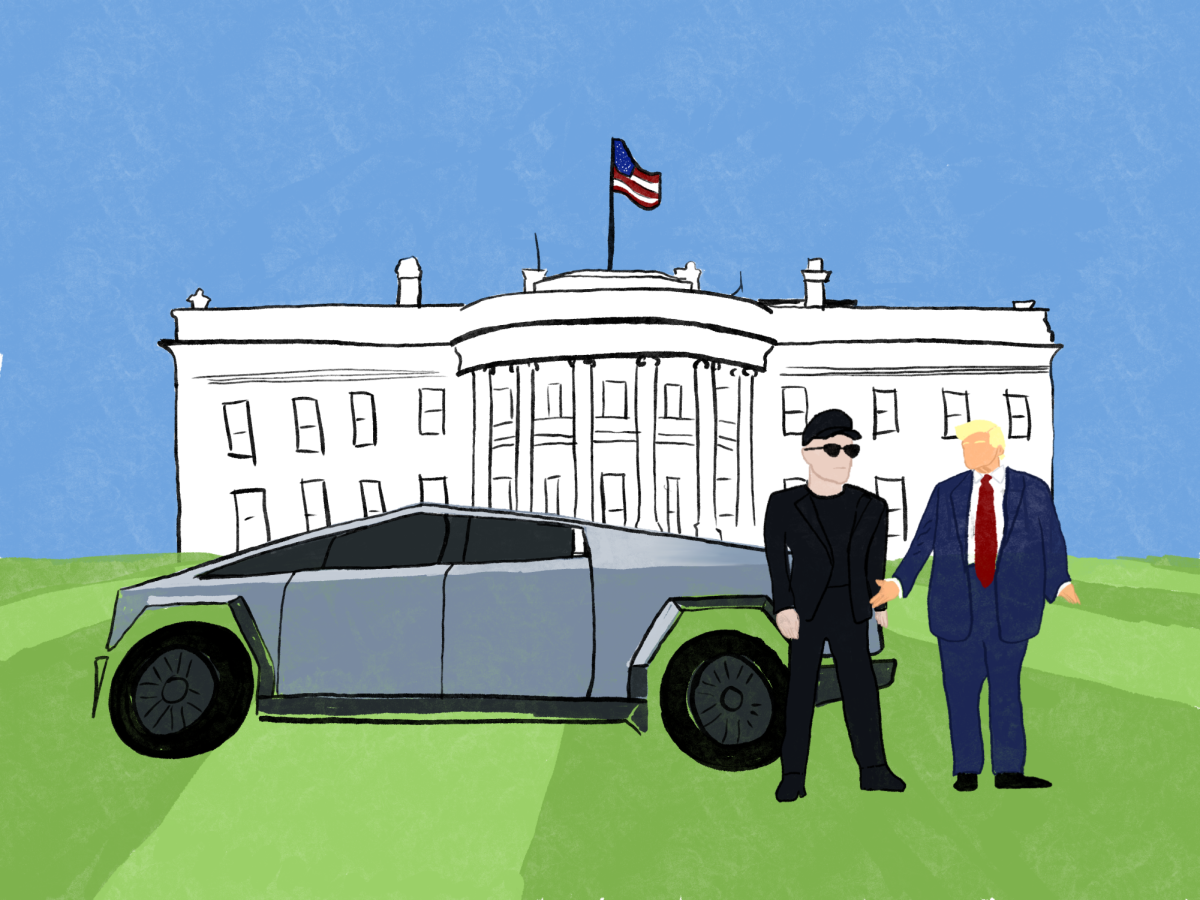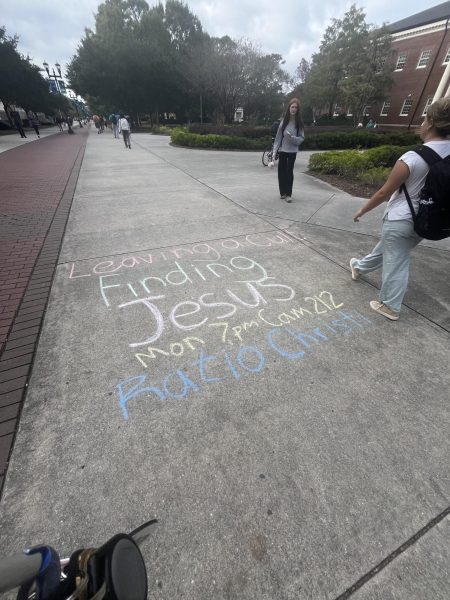
Often seen on the sprawling sidewalk of Chancellor’s Walk at UNCW are chalk messages written by students. Often advertising for clubs, campus events or just plain expression, the sidewalks of UNCW are almost always decorated. One club that frequently uses this space is King’s College, a college ministry of King’s Church. Across North Carolina, chapters have engaged in the “gospel chalk movement” with members of the chapter writing Bible verses on the sidewalks and streets of their respective college campuses.
At UNCW, members of King’s College worked together this past August to display verses from the Book of John across Chancellor’s Walk. In addition to this effortful task, the organization can be found making their mark almost weekly with more sidewalk displays enticing students to join their weekly meetings.
However, this instance does spark interesting conversations about the extent to which freedom of speech and religion justify themselves in this situation.
Many Christians believe they have a mission to spread the word of God to as many people as possible, and have found a way of doing so on their populated college campuses. Outside of local causes, [mission trips] are a large part of certain Christian sectors, with the act of spreading Christianity dating back centuries.
I am not personally for nor against the work of King’s College. However, the question I raise is this: would the writing of religious scripture on the sidewalks of American universities face the same reception if it was done by a non-Christian religion?
The United States, a land that promises religious freedom, has quite famously never followed through on that promise. Colonels settled and almost immediately set forth to eradicate the spiritual and cultural beliefs of Native Americans and their tribes. As the land legally belonging to the U.S. government began to expand westward, less of it was granted towards the people native to it. Eventually, children of Native Americans were sent to reformation schools and forced to simultaneously assimilate to Eurocentric American culture and cut ties with Native American culture.
Even within Christianity, there was great anti-Catholic sentiment for a period that impacted immigrants of various national descents. Catholicism was ostracized from other sectors of Christianity, and practices were often not accepted by other Christians. Particularly, in the 1840s, people of Irish descent began to heavily immigrate into the United States, and faced extreme levels of religious discrimination due to their Catholic heritage.
The US Constitution grants freedom of religion, but like many constitutional rights, it has not always been equally granted.
I believe that instances of religious discrimination in the United States are closely linked to racist and xenophobic beliefs. America is technically a secular nation– “the great melting pot”— but there is an evident White, Christian default. People of other religions are often associated with other countries and other races, and almost any instance in American history can reflect how non-White, Anglo-Saxan peoples (WASPS) were treated in the country, as shown by the treatment of Native Americans and Irish immigrants.
The most prominent example of religious discrimination in America is how individuals who were marked as Muslim were treated after the events of 9/11. Brown people in America were harassed, threatened, attacked, overwhelmed with illegal hate speech and biased against. The effects of this treatment have still not fully gone away. Would Muslim students spreading the word of their religious text on a college campus be received with the same general positivity that King’s College has?
Recently, a student of Palestinian identity filed a complaint with North Carolina State University as a result of undue harassment due to their overt national and religious identity. The student noted that their possession of a Palestinian flag led to them being excluded from the university’s career fair. If students are being excluded and targeted for simply wearing their country’s flag, I doubt they would feel comfortable engaging in more distinct displays of religious pride, such as the one King’s College engages in.
The United States grants religious freedom, and I believe everybody should be granted that right. However, freedom of religious expression seems to have different rules for different beliefs, and not questioning this double-standard is only being complicit in the systematic discrimination against non-white individuals in the country. This does not mean bringing one group down in order to uplift another. I do not believe King’s College deserves to be harassed for exercising their right to freedom of religion, or engaging in their personal, religious mission. However, I do implore readers and university students to think about their reaction to seeing Bible verses on the sidewalk of Chancellor’s Walk, and question if they would truly feel the same if it were scripture from any other religious text.


